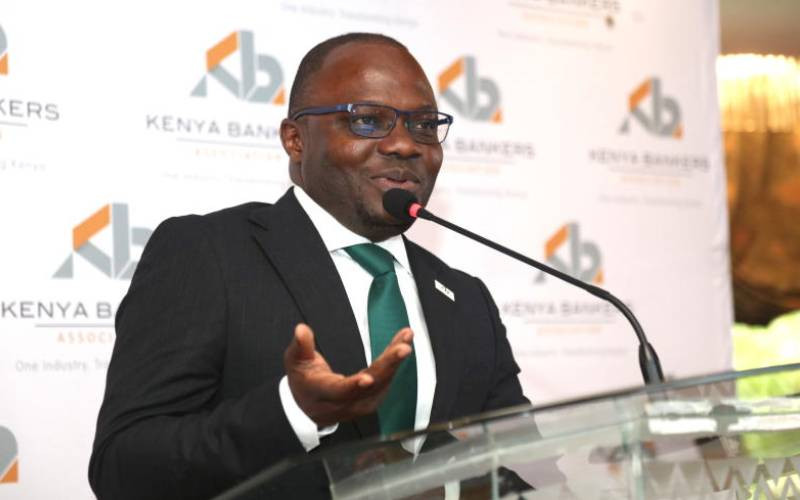×
The Standard e-Paper
Smart Minds Choose Us
By Edwin Sudi
“Certainly, an inventor ought be allowed a right to the benefit of his invention for some certain time. It is equally certain it ought not to be perpetual; for to embarrass society with monopolies for every utensil existing and in all the details of life, would be more injurious to them than had the supposed inventors never existedÉ How long the term should be is the difficult question.” —Thomas Jefferson, 1807







